
Recommendation
When Dr. Christine Porath finished college and started work at a sports management and marketing firm, she gained firsthand experience of incivility in the workplace. She found that when an executive encourages a culture of incivility, employees down the ladder respond by treating each other poorly, leading to low employee commitment and high turnover. This experience informed her mission to study incivility and its effects on workplace behavior. In this brief, informative talk, Porath outlines the price of incivility at work, which will inspire you to treat others with respect.
Summary
About the Speaker
Christine Porath is a professor of management at Georgetown University’s McDonough School of Business. She’s the author of Mastering Civility and Mastering Community. In 2018, she presented a popular talk entitled “Why Being Respectful to Your Coworkers Is Good for Business” at TEDxUniversityofNevada.








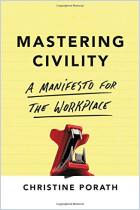
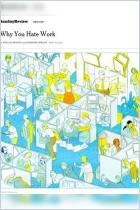
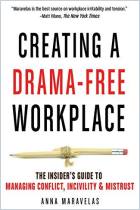


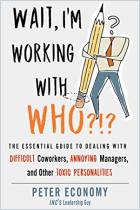
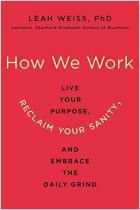




Comment on this summary or Start Discussion